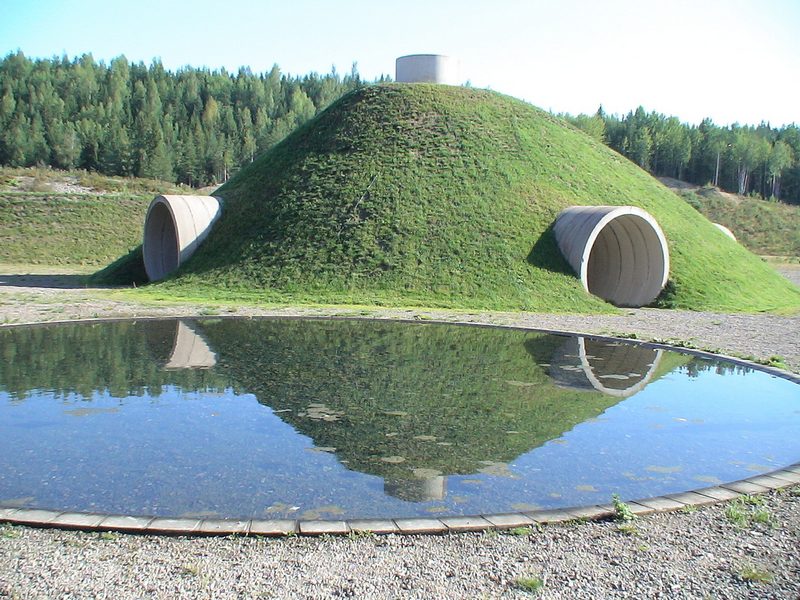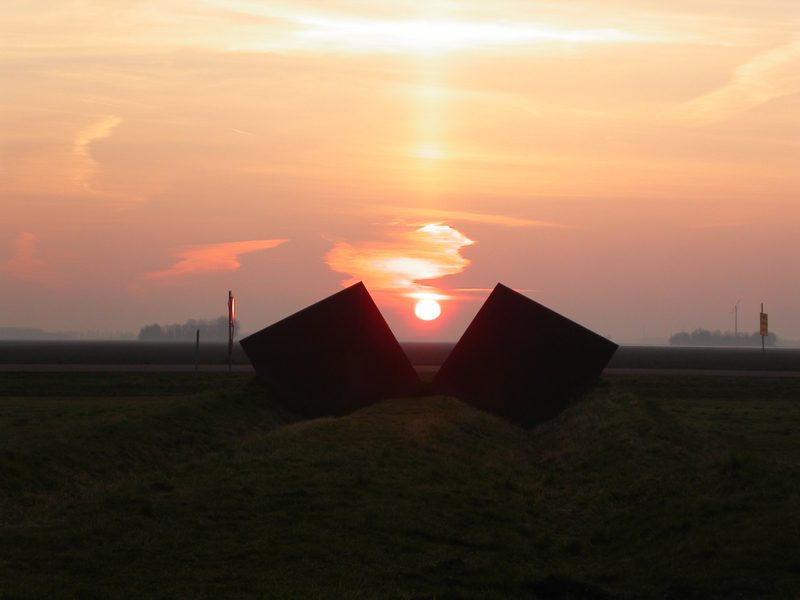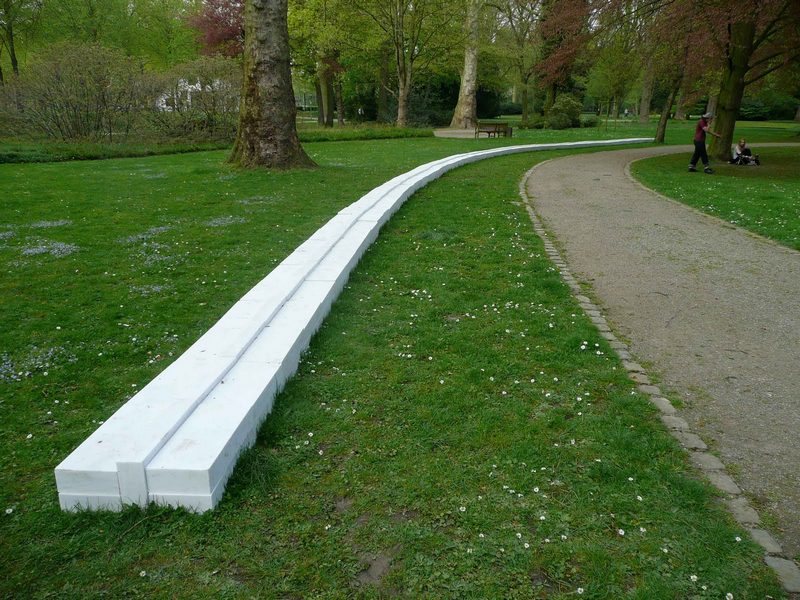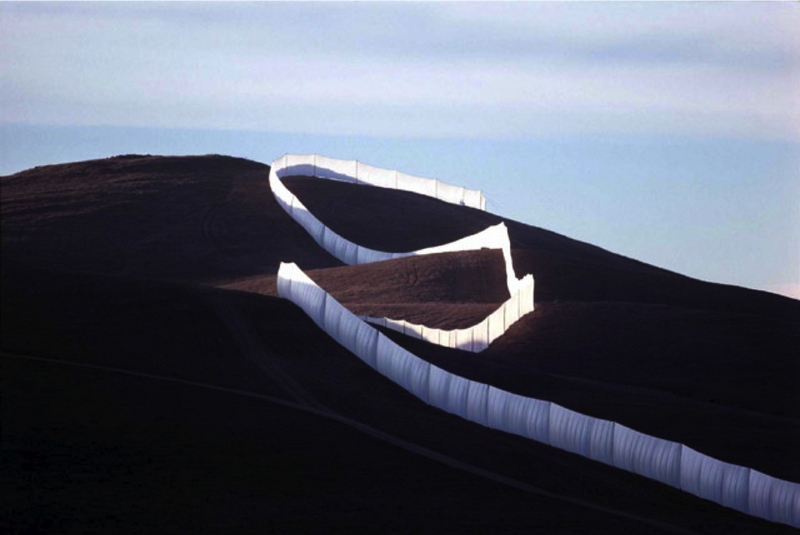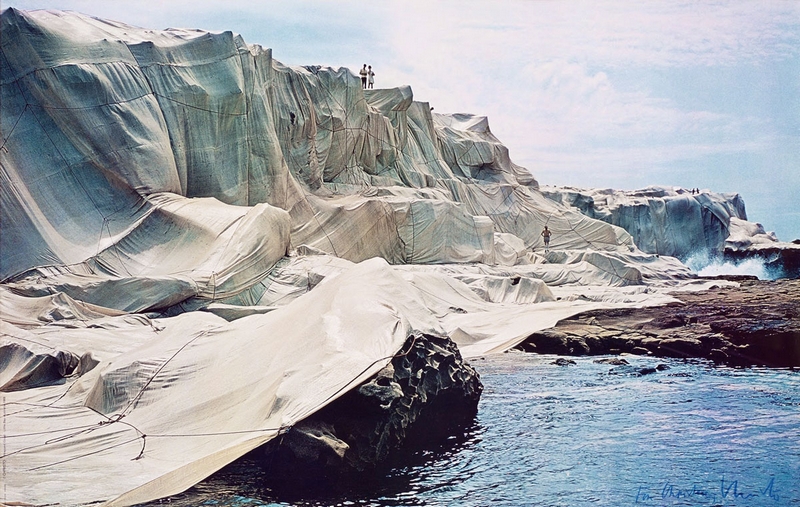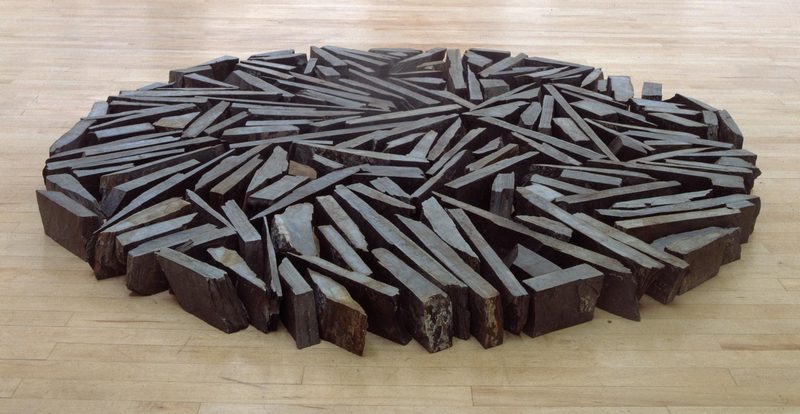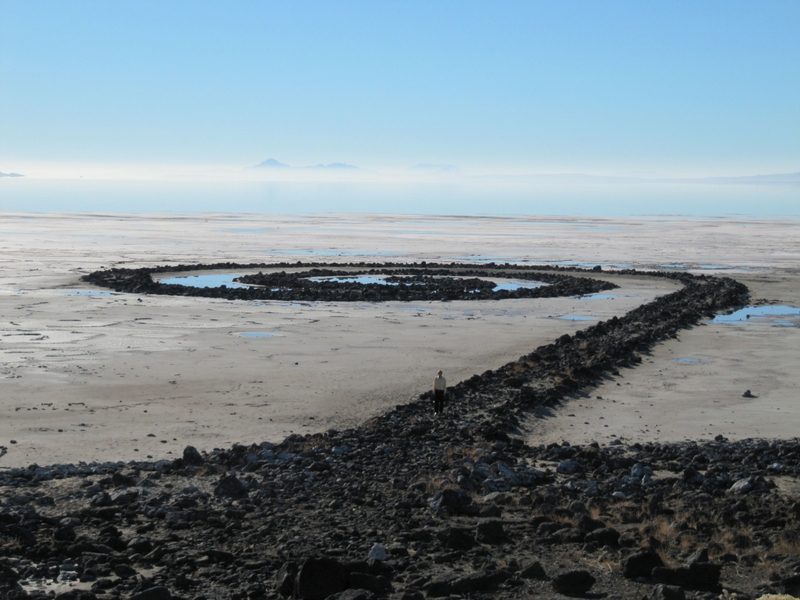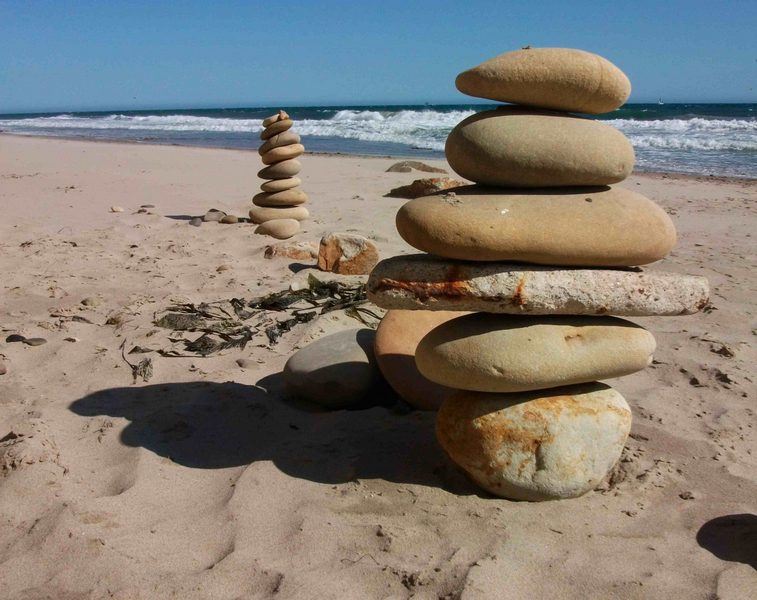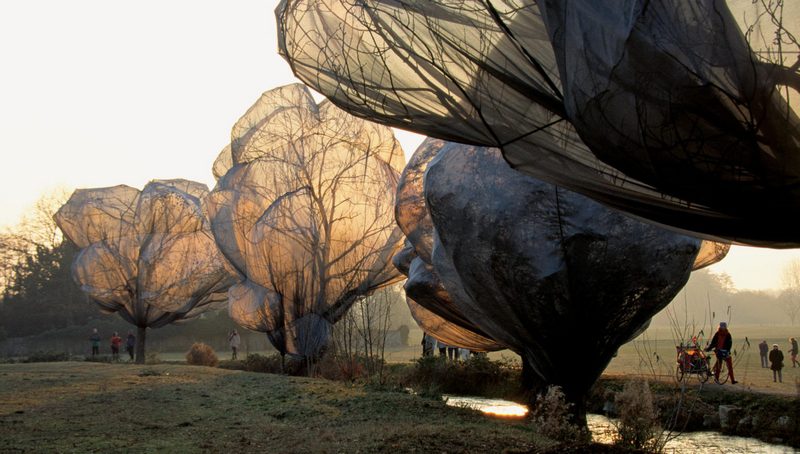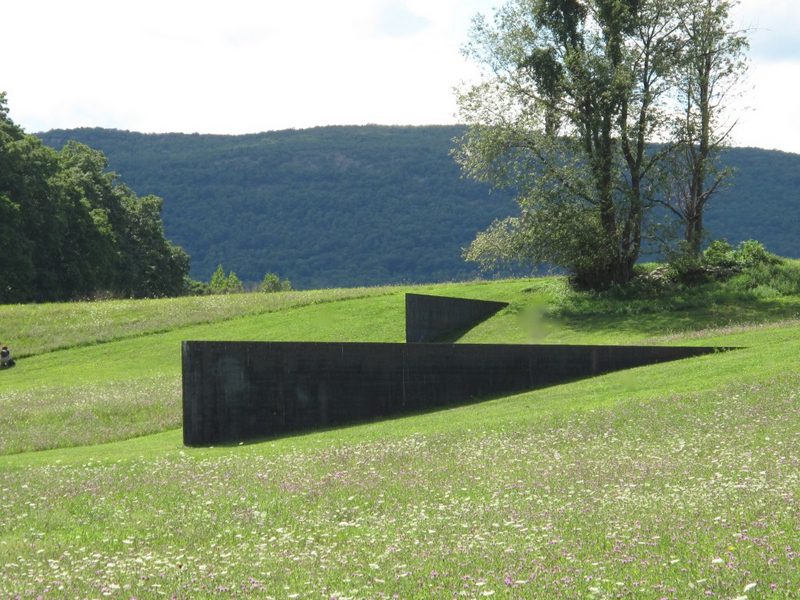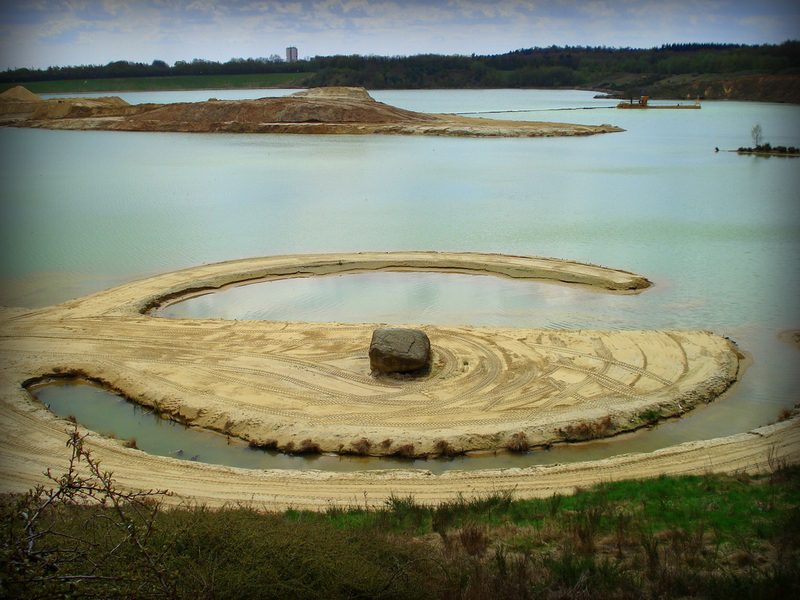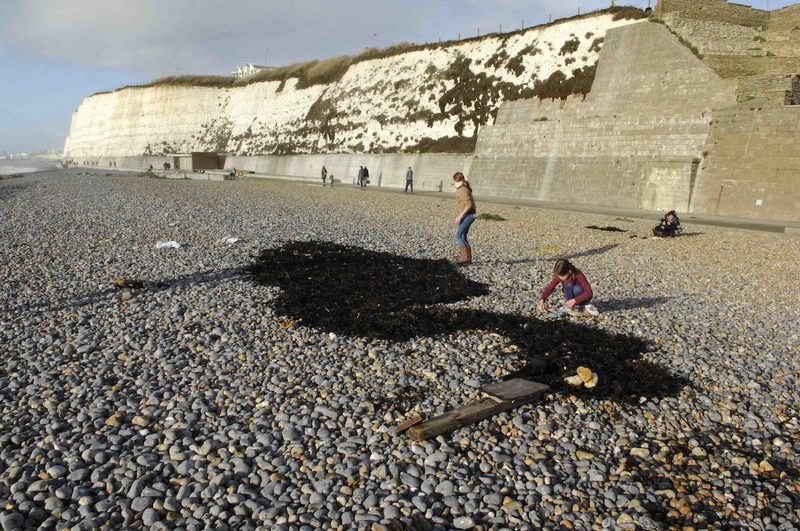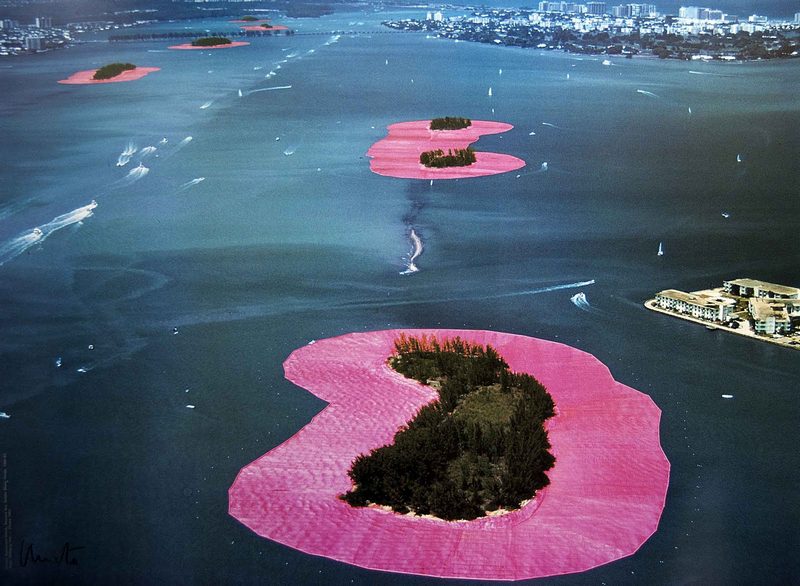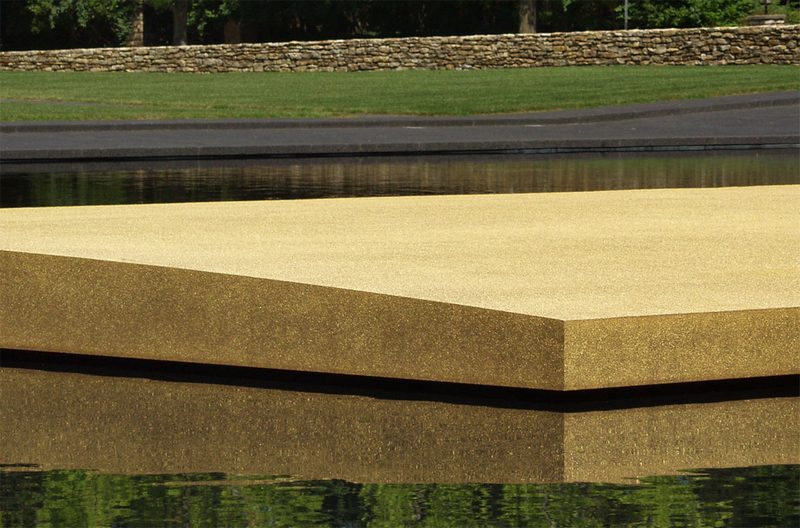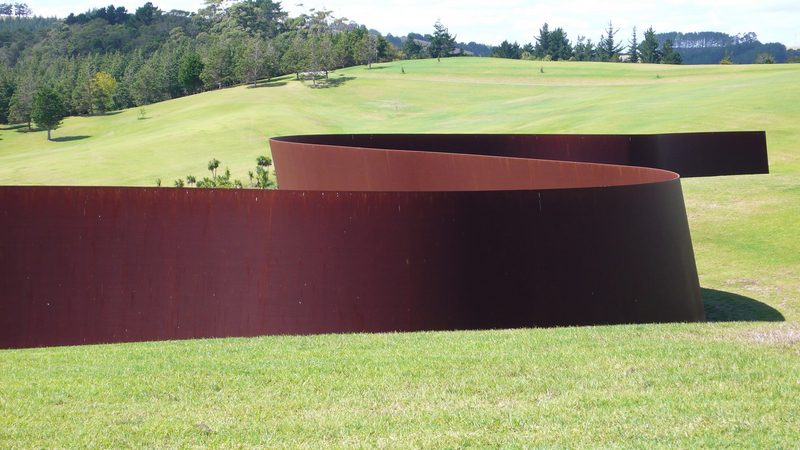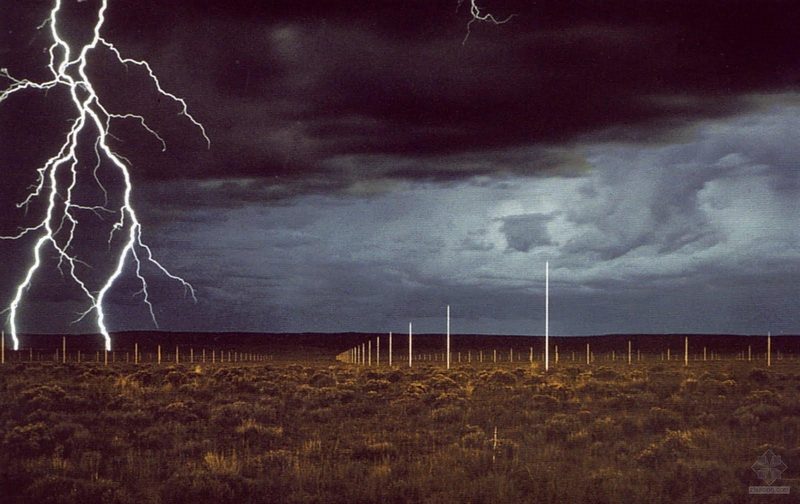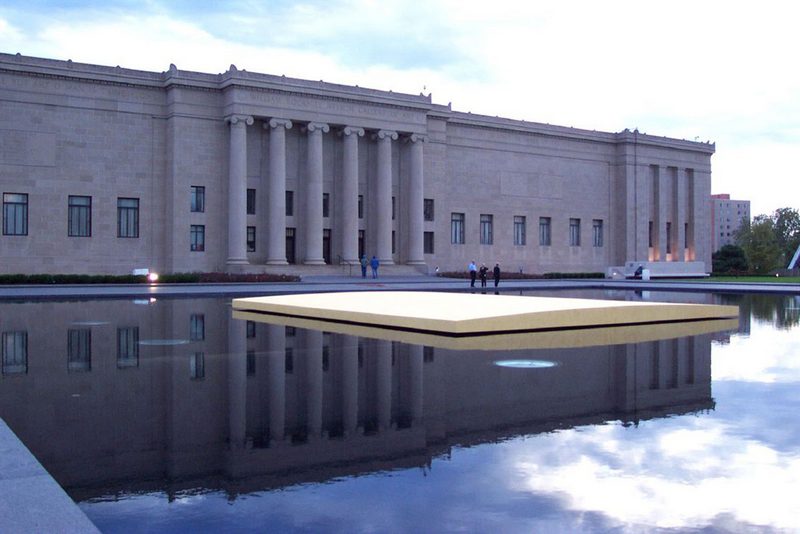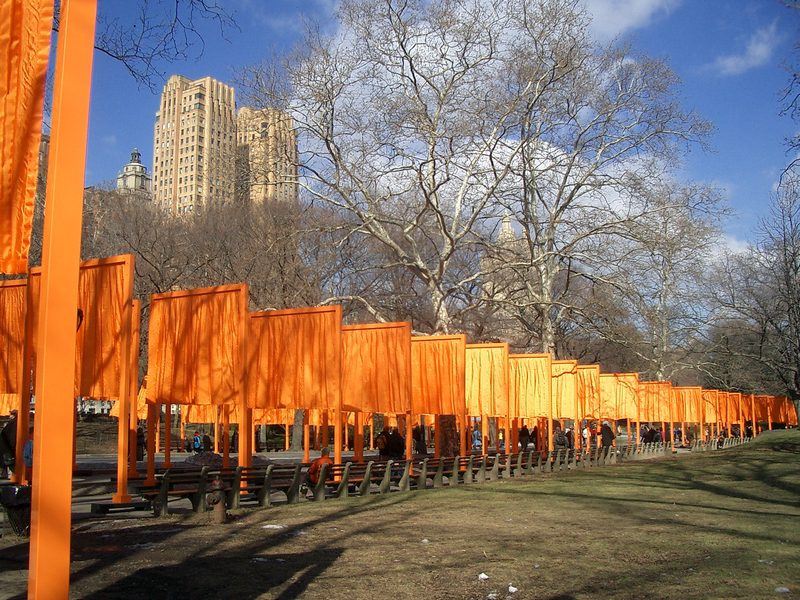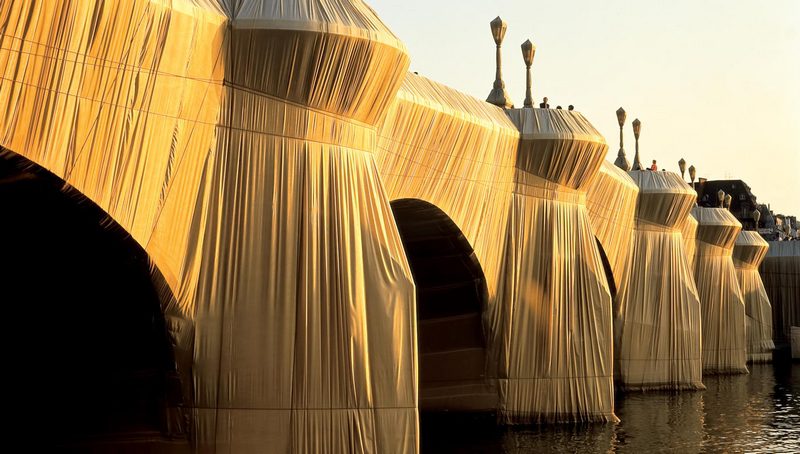ART-TRIBUTE:Land Art
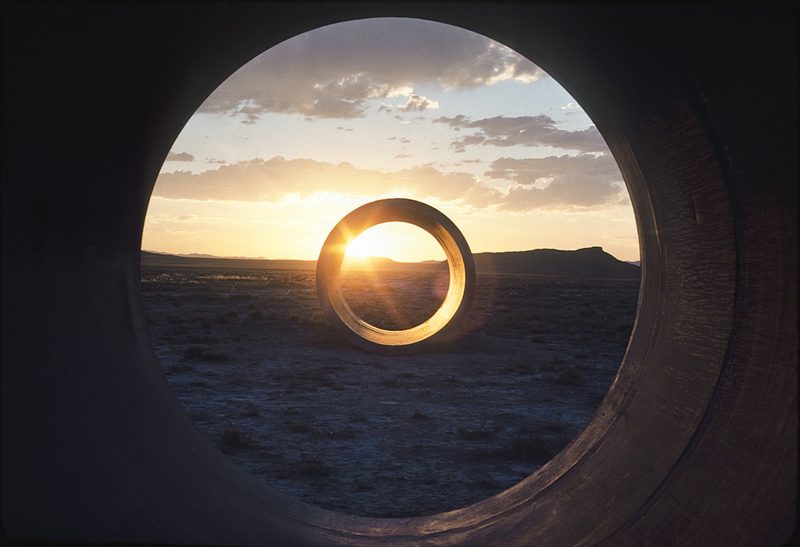 Celebrating Spring Equinox, we make a tribute to one of the important movements in the history of art Land Art and its major representatives. In Land art or Earth art (coined by Robert Smithson), is an art movement in which landscape and the work of art are inextricably linked.
Celebrating Spring Equinox, we make a tribute to one of the important movements in the history of art Land Art and its major representatives. In Land art or Earth art (coined by Robert Smithson), is an art movement in which landscape and the work of art are inextricably linked.
By Efi Michalarou
It is al an art form that is created in nature, using natural materials such as (soil, rock, trees, branches, leaves and water) with introduced materials (concrete, metal or asphalt). Sculptures are not placed in the landscape, but the landscape is the means of their creation. The works frequently exist in the open, located well away from civilization, left to change and erode under natural conditions. Many of the first works, created in the deserts of U.S.A. (Nevada, New Mexico, Utah or Arizona) were ephemeral in nature and now only exist as video recordings or photographic documents. Land art is a movement-an artistic protest against the perceived artificiality, plastic aesthetics and ruthless commercialization of art at the end of the 1960s in America. As Robert Smithson stated “A work of art when placed in a gallery loses its charge, and becomes a portable object or surface disengaged from the outside world”. Land Artists, have tended to be American, with other prominent artists in this field including: Carl Andre, Alice Aycock, Walter De Maria, Hans Haacke, Michael Heizer, Nancy Holt, Dennis Oppenheim, Andrew Rogers, Charles Ross, Robert Smithson, Alan Sonfist, Richard Serra and James Turrell. Turrell began work in 1972 on possibly the largest piece of land art thus far, reshaping the earth surrounding the extinct Roden Crater volcano in Arizona. Perhaps the most prominent non-American land artists are the British: Chris Drury, Andy Goldsworthy, Peter Hutchinson, Richard Long and the Australian Andrew Rogers.
